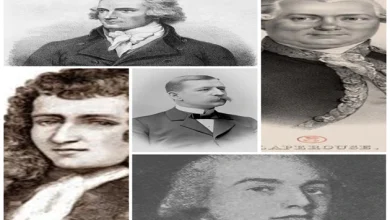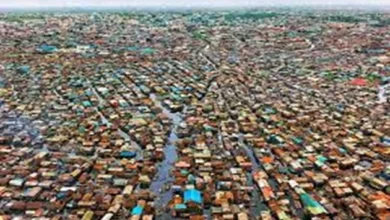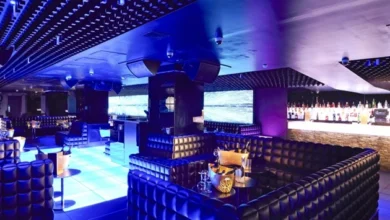Top 5 cases of blasphemy that lead to beheading in Nigeria
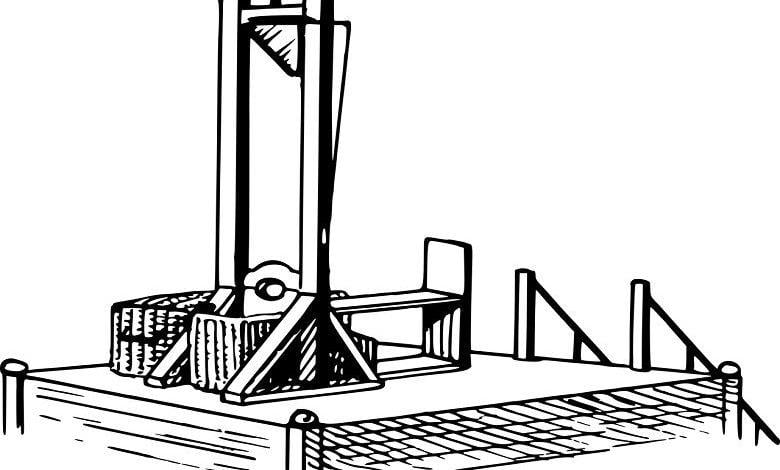
In Northern Nigeria, blasphemy is mainly related to the Islamic religion because Muslims are the predominant religion there, and they have Sharia courts in their states.
Nigeria, as a country, operates with two judicial systems. Both systems can be punished for blasphemy. The concept of blasphemy is not just a necessary idea to open up criticism of one religion. But when you speak or show disrespect for one religion, it is blasphemy.
Most Nigerians are unaware of the blasphemy law in Nigeria. However, blasphemy laws are particularly common in countries with a Muslim majority. Below are some cases that lead to death due to blasphemy.
Top 5 cases of blasphemy that lead to beheading in Nigeria
1. Gideon Akaluka
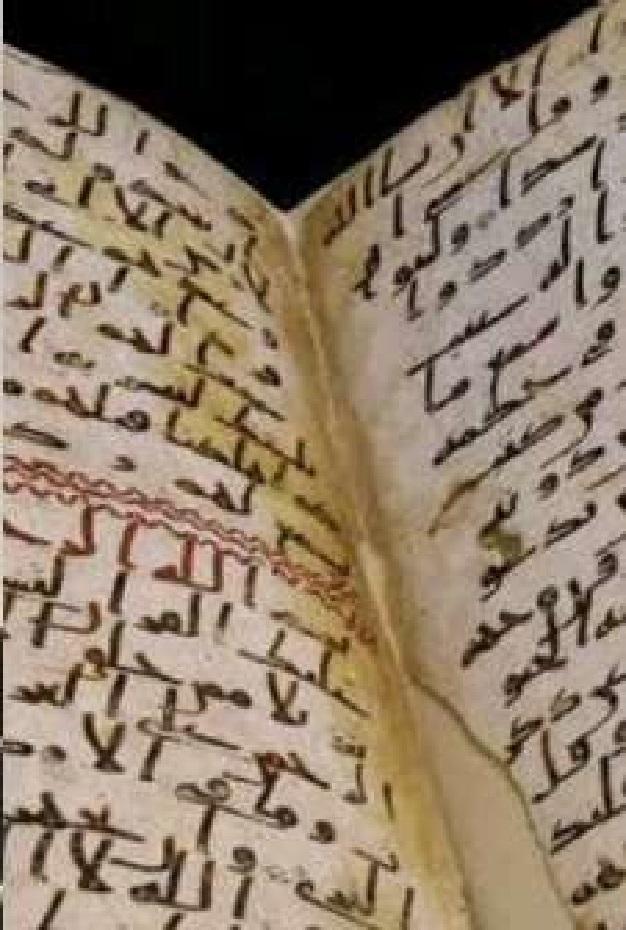
The murder and beheading of Gideon Akaluka, a young Igbo merchant who allegedly desecrated the Koran, and a new outbreak of unrest in May 1995, kept a city of about three million people at the edge of a knife.
Being arrested in December after his wife allegedly used the pages of the Koran as toilet paper for her child. Then, Akaluka was imprisoned by the police. But a group of Muslims broke into the prison, killed him, and walked around the city showing off his severed head.
However, Akaluka’s lawyer stated that he had received an affidavit proving that his client was not in the camp at the time and that the woman allegedly responsible for this crime was not his wife. Yet, the red line is still clear: no one was arrested for the murder of Akaluka.
2. Abdullahi Umaru
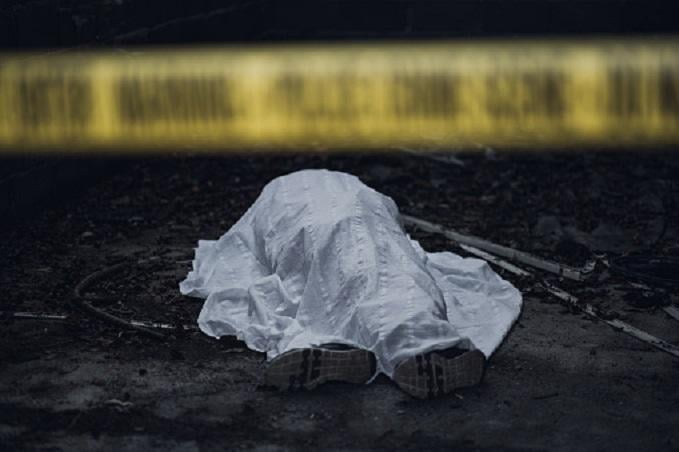
Abdullahi Umaru was murdered after Musa Yaro furiously raised his voice and read an excerpt from Risallah, the Islamic edition, and then passed his sentence: “He who insults our Prophet Muhammed must die. You, Abdullahi Umaru, who insulted the holy Prophet Mohammed, must therefore pay the price for your crime. You have to die by the sword.”
After this statement, in the village of Randali in Kebbi state, a group of fanatical Muslims led by Yaro and Abdullahi Ada nailed Umaru to the ground and beheaded him because of accusations that he had blasphemed against Prophet Muhammad.
The act was committed on 14th July 1999, but the echoes of the tragedy were reflected in the Supreme Court of Nigeria in Abuja, where a panel of judges confirmed the death sentence of Ada and others involved in the murder.
Judge George Oguntaid ordered that Ada be hung until his death is confirmed. A year later, the Supreme Court had already sentenced Ada, Yaro, and Abubakar dan Shallah to the death penalty by hanging. Three other accomplices were also sentenced to death.
3. Bridget Agbahime
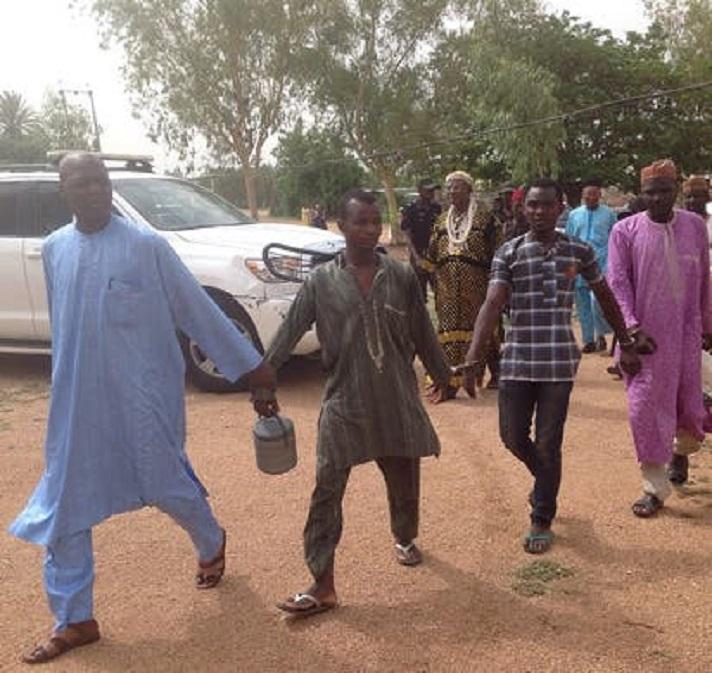
On 2nd June, a 74-year-old tableware dealer from the Nigerian state of Imo was brutally attacked and killed in Kofar Wambai market in Kano by a mob of Muslims who accused her of blasphemy. She was reportedly attacked and beheaded after refusing to allow a Muslim man to wash (ablution) in front of her shop.
As expected, the circumstances of Bridget’s death have provoked outrage and raising again the worrying question of when these ignorant killings and beheading in the northern part of the country in the name of Allah will stop.
On behalf of President Muhammadu Buhari, the special adviser on media and publicity, Femi Adesina, immediately issued a statement concerning the incident and describing it as “sad and regrettable”.
In addition to Dauda and Zubair, who were previously arrested for the murder, the investigation led to the arrest of three other suspects, namely Abdulmumin Mustafa, Abdullahi Abubakar, and Musa Abdullahi. The five suspects were indicted in the Kano Magistrates Court on four counts of alleged sedition, criminal murder, joint action, and hooliganism.
5 months after the incident, more than enough time for the Nigerians and the Agbahime family to decide on this cattle act, what did the people get? Just as they were preparing for the vigorous prosecution that led to a conviction, they were honored with abracadabra that was familiar to the country’s legal system. Chief Justice Muhammad Jibril, acting on the advice of the Attorney General of the State of Kano, dismissed the suspects and dismissed the case, which was to be a classic court fraud.
According to the Kano state government, “there is no case to answer because all the suspects are innocent”.
4. 50-year-old man
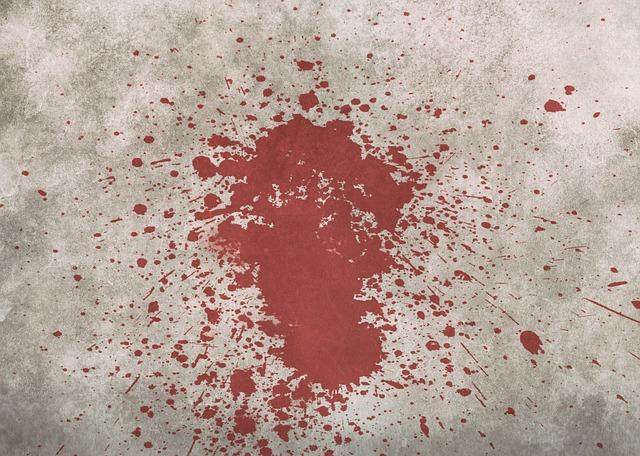
In August 2008, a 50-year-old Muslim man was beaten to death in Kano, who allegedly made a blasphemous statement against the Prophet Muhammad. The man was killed in the Sheka Achi Lafia neighborhood when several angry Muslim youths besieged his house and beat him to a coma.
He died shortly after a team of Hisbah police and officials rescued him from the crowd, the police said. The man died when he was taken to the Murtala Muhammad Specialised Hospital.
Witnesses told the Daily Trust that the man, although a Muslim, made a statement that residents considered blasphemous towards the holy Prophet after his relatives denied him a share of the property left by their deceased father.
5. Christiana Oluwatoyin Oluwasesin
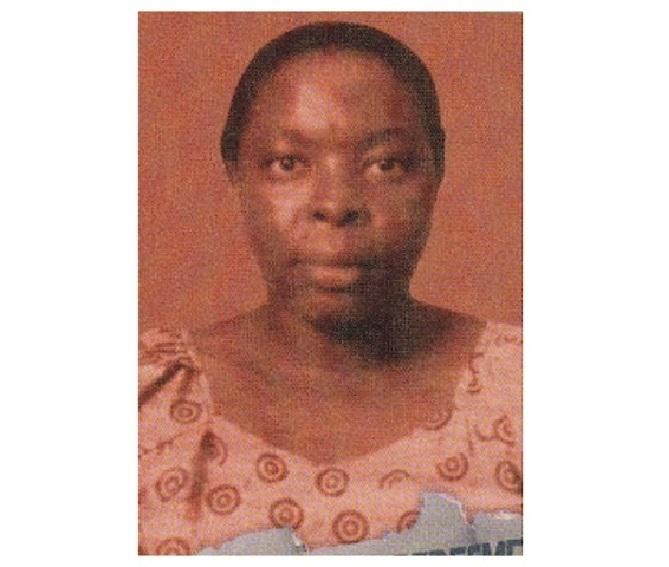
On 21st March 2007, a crowd of Muslim students and local extremists beat to death of Christiana Oluwatoin Oluwasesin, a mother of two and a teacher at the Government High School of Gandu in Gombe.
Oluwasesin, a mother of two children, was appointed to supervise the Islamic religious knowledge exam. When one of the students wanted to enter the examination room with his books, Oluwasesin collected them and threw them outside the exam hall.
The students claimed that one of those books thrown outside was a copy of the Koran. This caught the attention of famous thugs (Yan Kalare) who stabbed her to death. They then beat up the headmaster, a Muslim who fortunately escaped for offering her asylum.
They then burned down three school blocks, the school clinic, the administrative block, and the library.
6. Deborah Samuel
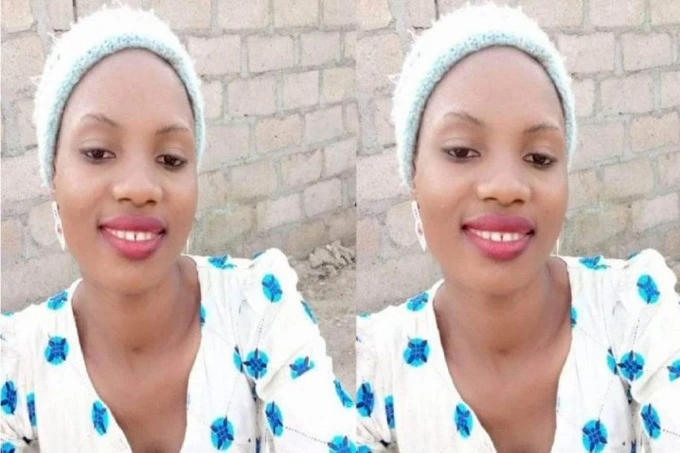
Deborah Samuel, a student at Sokoto’s Shehu Shagari College of Education who was assassinated for supposed blasphemy, has been laid to rest. Samuel was put to rest at her village of Tunga Magajiya, Rijau LGA, Niger state, on Saturday. Her ashes were laid to rest at about 6:30 p.m. in Tunga Magajiya’s Christian cemetery.
Before she was buried, Emmanuel Maaji, the deceased’s uncle and a minister at ECWA church, conducted the prayers. On Thursday, a mob assassinated Deborah for supposed blasphemy. Social media users posted videos of the late student being stoned and attacked with sticks.
Nigerians demanded that the government find the culprits of her murder, which generated indignation throughout the country. There was also a barrage of denunciation from civil society organizations (CSOs), Muslim leaders and groups, including the Sultan of Sokoto, Muhammadu Abubakar. Two suspects were also arrested in connection with the crime, according to the Sokoto police command.
Some Muslim teenagers in Sokoto flocked to the streets on Saturday morning to protest the suspects’ detention. “Release our Muslim brothers,” “Muslims Are Not Terrorists,” and “Peaceful riot” were among the posters carried by the demonstrators.
Deborah’s final words, according to one of her classmates, Rakia, were, “What do you want to accomplish with this?”
Deborah was flogged, murdered, and burned, she claimed, and it was the most horrifying thing she had ever observed. “Deborah was a classmate of mine. I had barely entered the classroom when the ruckus on her voice note began.
“It was begun by her own classmates. Deborah, according to one of them, taunted them by refusing to apologize when she was asked to. It all began with a discussion about the approaching test on a private WhatsApp group made for our classmates. One of the pupils inquired about how she passed the past semester’s test, and she replied, “Jesus o.”
“About three more discussions poured in shortly after, from two Muslims and one Christian, urging her to withdraw her comments.” Deborah’s close friends were persuaded by two students from different departments who overheard several Muslim lads discussing the topic to recant her comments. ‘Holy Ghost fire,’ she answered through voice message on the platform. Nothing is going to happen to me.
“Is it through coercion that you guys will continue to provide religious material to this group?” The group wasn’t founded for such, but rather to serve as a reminder for tests, assignments, examinations, and other similar events, rather than for religious messages.’
“We were told that several young males were brought in from the outside before to the outburst.” I was in class when a few of our classmates barged in, exclaiming, “There is fire on the mountain o.”
Rakia went on to say that the Muslim students brought in strangers to seek for Deborah, and that several classmates attempted to help her escape by getting a taxi waiting outside to take her directly to the police station, but that the crowd overcame everyone who tried to rescue her.
“The final thing she said was, ‘What do you want to accomplish with this?’ Some of our classmates were already calling some of our instructors to try to rescue the situation. I found out she had been set on fire when I returned home. I’ve been seeing flashes of her begging look since the tragedy. She cried out for aid and screamed for compassion, but it was too late. “What a sad death,” she said.


